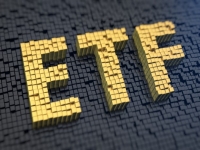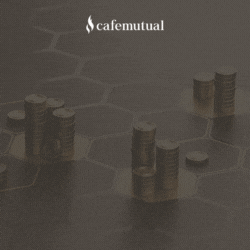With the government using the ETF route to meet its divestment goals, there has been an increased interest in these products. Let us understand what exactly an ETF is and how it is different from mutual funds?
What is an ETF?
ETFs as their name suggests are funds traded on exchange. Similar to mutual funds, it pools money from many investors to invest in a basket of stocks, bonds or commodities. Generally, ETFs are passive funds that track an index. However, globally there are a few actively managed ETFs too.
Similar to a stock or bond, ETFs are traded on real-time basis with their price fluctuating throughout the day in line with the underlying investment. As the transaction happens on a stock exchange, investors need to pay brokerage to the broker for buying or selling - ETF.
As you are already aware that mutual funds are professionally managed funds investing in a wide basket of assets such as stocks, bonds and money market instruments. Buying or selling of a mutual fund happens at the Net Asset Value (NAV) which is declared by the fund house at the end of the day.
How are ETFs different from other mutual funds?
|
Mutual funds |
ETFs |
|
Mutual funds are bought and sold at NAV |
ETFs are traded based on their real-time price |
|
As NAV is declared at the end of the day, investor does not know the purchase or sale price beforehand except in case of liquid and overnight fund |
As the ETF transaction is processed at prevailing market price, the investor is better informed about the rate. |
|
Expense ratio tends to be higher than ETF |
Charge lower expenses |
|
They have a minimum investment amount |
There is no minimum fixed price. However, investors have to buy or sell at least one unit |
|
Cannot be used for intra-day trading |
Can be used for trading intra-day |
|
Transaction costs are zero if bought and sold at the fund house or R&T office |
Investors need to pay a commission to brokers exchange transactions |
|
Some schemes charge an exit load in case of early withdrawals in a scheme |
There is no exit load |
|
Majority of the schemes are actively managed and aim to beat the benchmark. There are a few passively managed funds too which track index but they are miniscule in comparison in India |
They are passively managed. As they track the benchmark, their returns may be marginally lower than the benchmark due to expense ratio |
|
Their portfolio is disclosed on a monthly basis |
Offer more transparency as their portfolio is available daily. |
|
Generally used as an investment option |
Can be used for investing, hedging or for arbitrage |
|
Does not require a demat account |
Needs a demat account to hold and transact units |
ETF or mutual fund, what should you recommend to your clients?
Both ETFs and mutual funds have their own pros and cons. It finally boils down to what investors need.
ETFs are good investment option for clients who are happy with index returns. They offer clients the flexibility to transact at real-time prices with an added benefit of no exit load. Your clients can also do intra-day trading using ETFs.
Mutual funds are more suited to investors who wish to invest in professionally managed funds with the desire to generate excess returns over the benchmark.






